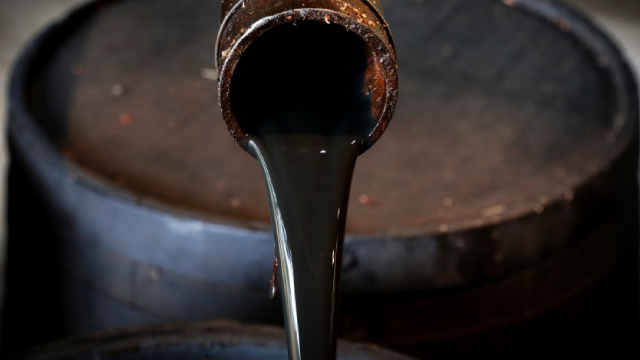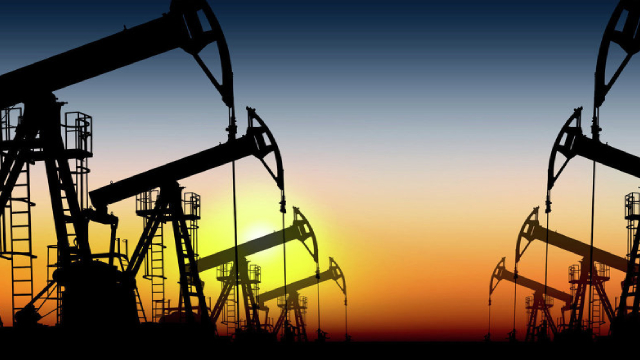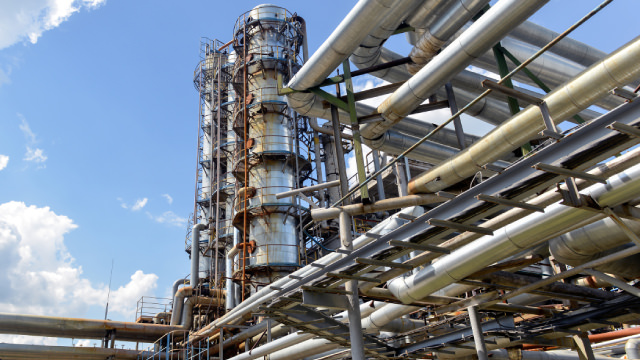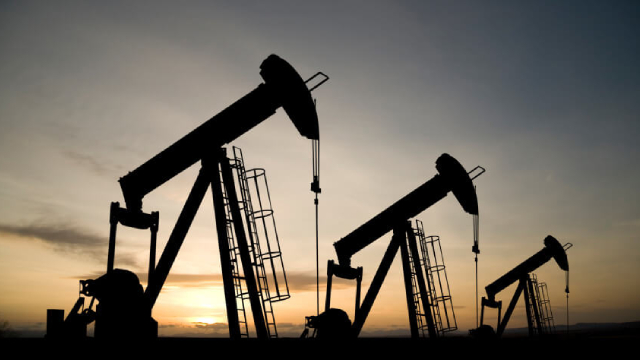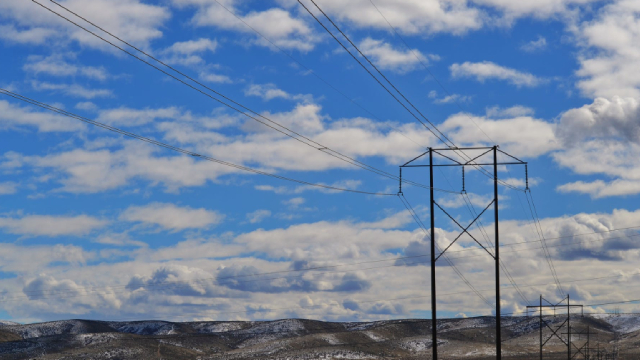KMI Stock Recent News
KMI LATEST HEADLINES
Kinder Morgan, Inc. KMI will release earnings results for the second quarter, after the closing bell on Wednesday, July 16.
KMI and PAGP offer attractive yields from energy infrastructure while issuing a 1099 tax form. I compare them side by side. I share why I think that PAGP is a much more compelling investment opportunity than KMI is right now.
Looking beyond Wall Street's top-and-bottom-line estimate forecasts for Kinder Morgan (KMI), delve into some of its key metrics to gain a deeper insight into the company's potential performance for the quarter ended June 2025.
KMI is likely to report a Q2 earnings beat on the back of strong gas prices, rising throughput and disciplined cost controls.
Kinder Morgan offers stable, fee-based revenues with 90% decoupled from commodity prices, making it a reliable cash flow generator. Strategic investments in renewable natural gas and hydrogen, plus a robust project backlog, position Kinder Morgan for steady, not explosive growth. In this earnings preview, I want to highlight some possible tailwinds that will benefit Kinder Morgan, one of which could be the result of the US-EU trade talks.
Midstream operators aren't flashy, but they crank out dependable cash flow, fund generous distribution payouts, and are set to benefit from surging demand for natural gas tied to artificial intelligence (AI), data centers, and liquid natural gas (LNG) exports.
Kinder Morgan (KMI) concluded the recent trading session at $27.8, signifying a -1.17% move from its prior day's close.
Now is a good time to be choosy when it comes to quality dividend stocks. I highlight two stocks that offer resilient cash flow streams in two distinct industries. Both carry BBB+ rated balance sheets and offer dividend yields averaging 6%.
HOUSTON--(BUSINESS WIRE)--Kinder Morgan announced it will release Q2 2025 earnings results on 7/16/2025 after market close and will hold a live webcast and conference call.
With stocks in rally mode in recent months, the S&P 500 's dividend yield is declining. It's approaching 1.2%, which is near its record low, last hit in 2000.
